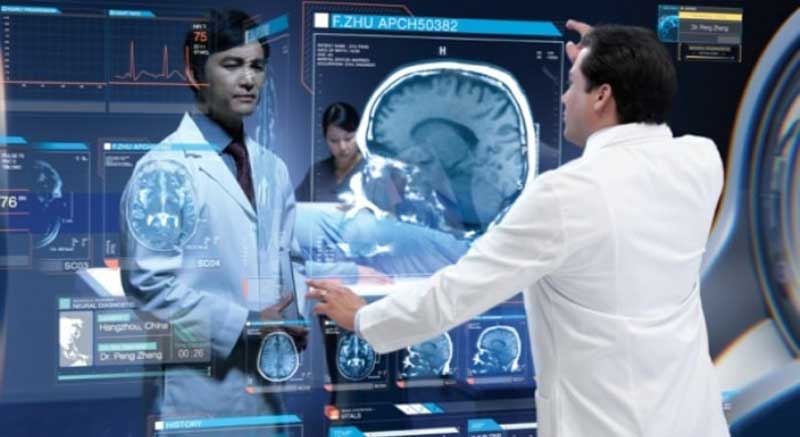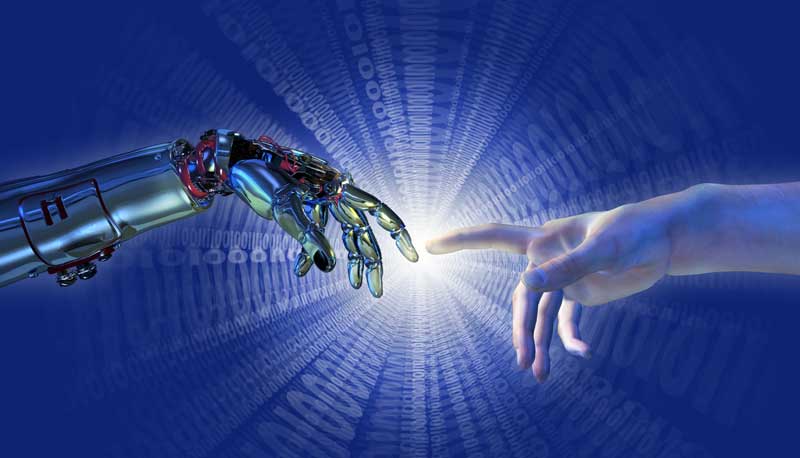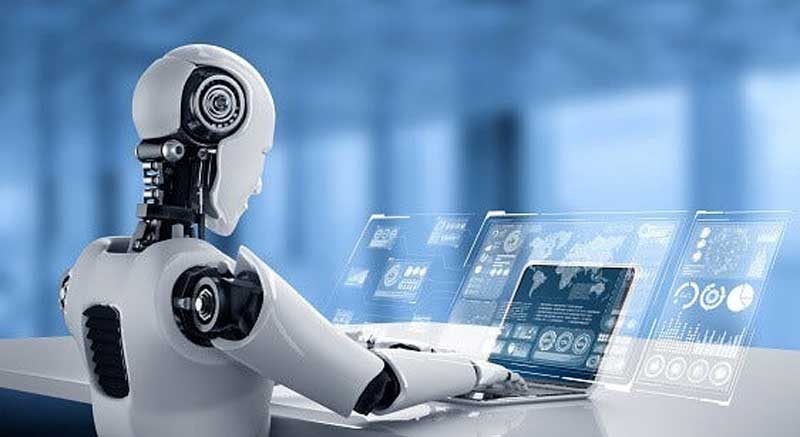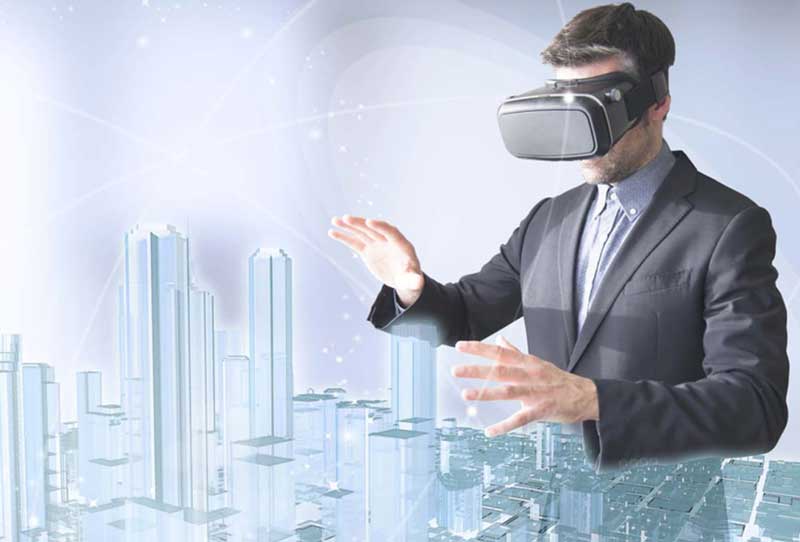How Will Technology Change Healthcare In The Future
Technology is poised to revolutionizehow will technology change healthcare in the future healthcare in profound ways, shaping a future where medical services are more efficient, personalized, and accessible. As we look forward, several key technological advancements promise to transform the landscape of healthcare, from artificial intelligence and telemedicine to wearable devices and genetic engineering.Follow Blow Foam for more.
- Artificial Intelligence and Machine Learning
- Telemedicine and Remote Monitoring
- Genomics and Personalized Medicine
- Robotics and Automation
- Virtual Reality and Augmented Reality
- Blockchain and Data Security
Artificial Intelligence and Machine Learning
These technologies can analyze vast amounts of data quickly and accurately, leading to more precise diagnoses and personalized treatment plans. AI algorithms are being developed to detect how will technology change healthcare in the future diseases such as cancer from medical images with greater accuracy than human doctors. For instance, AI can analyze radiology images, identifying anomalies that might be missed by the human eye, thus enabling early detection and treatment.
Moreover, AI-driven predictive analytics can help in forecasting disease outbreaks, managing hospital resources, and even predicting patient outcomes. This allows healthcare providers to take proactive measures, improving overall patient care and operational efficiency. Machine learning models can also how will technology change healthcare in the future assist in drug discovery by identifying potential compounds that might be effective against specific diseases, significantly reducing the time and cost involved in bringing new medications to market.
Telemedicine and Remote Monitoring
Telemedicine has gained significant traction, especially during the COVID-19 pandemic, and is expected to continue growing. Telehealth platforms enable patients to consult with healthcare providers from the comfort of their homes, making healthcare more accessible, especially for those in remote areas. This how will technology change healthcare in the future not only reduces the need for physical visits but also minimizes the risk of infectious diseases spreading in crowded clinics and hospitals.
Remote monitoring technologies, such as wearable devices and IoT (Internet of Things) sensors, are also transforming patient care. Devices like smartwatches and fitness trackers can monitor vital signs such as heart rate, blood pressure, and blood glucose levels in real-time. These devices can alert how will technology change healthcare in the future healthcare providers to any abnormal readings, allowing for timely intervention. For chronic disease management, remote monitoring ensures continuous care and can significantly improve patient outcomes by enabling early detection of complications.
Genomics and Personalized Medicine
Advances in genomics are paving the way for personalized medicine, where treatments and preventive measures are tailored to an individual’s genetic makeup. The cost of genome sequencing has dropped dramatically, making it more accessible to the general population. By analyzing a person’s how will technology change healthcare in the future genetic information, healthcare providers can identify predispositions to certain diseases and recommend personalized treatment plans.
For example, in oncology, genetic profiling of tumors allows for the development of targeted therapies that are more effective and have fewer side effects than traditional treatments. Pharmacogenomics, the study of how genes affect a person’s response to drugs, can also help in prescribing the right medication and dosage for each patient, minimizing adverse drug reactions and improving therapeutic outcomes.
Robotics and Automation
Robotics is another area where technology is making significant strides in healthcare. Surgical robots, such as the da Vinci Surgical System, enable minimally invasive surgeries with high precision, reducing recovery times and minimizing the risk of complications. Robotic-assisted surgeries are becoming more common in various fields, including orthopedics, urology, and gynecology.
In addition to surgical robots, automation is improving hospital operations. Robots are being used to transport supplies, medications, and even clean and disinfect hospital rooms. This how will technology change healthcare in the future not only improves efficiency but also reduces the risk of infection transmission.
Virtual Reality and Augmented Reality
Virtual Reality (VR) and Augmented Reality (AR) are finding applications in medical training, patient education, and even treatment. VR can create immersive simulations for medical students and professionals to practice surgical procedures or other complex medical interventions how will technology change healthcare in the future without the risk to real patients. AR, on the other hand, can overlay digital information onto the real world, assisting surgeons by providing real-time data and enhancing precision during operations.
Patients can also benefit from these technologies. For instance, VR is being used for pain management and rehabilitation. Patients undergoing physical therapy can use VR to engage in interactive exercises that are more enjoyable and effective than traditional methods.
Blockchain and Data Security
The adoption of blockchain technology in healthcare promises to enhance data security and interoperability. Blockchain can provide a secure and transparent way to manage how will technology change healthcare in the future patient records, ensuring that sensitive information is only accessible to authorized individuals. This is particularly important in an era where data breaches and cyber-attacks are on the rise.
Blockchain can also facilitate the sharing of medical data across different healthcare providers and systems, improving coordination of care. For example, a patient’s medical history can be securely shared between their primary care physician and specialists, ensuring that all relevant information is available for making informed treatment decisions.
Conclusion
AI and ML are set to revolutionize diagnostics and treatment, how will technology change healthcare in the future while telemedicine and remote monitoring are making healthcare more accessible. Genomics and personalized medicine promise tailored treatments, and robotics and automation are enhancing surgical precision and hospital efficiency. VR and AR are transforming medical training and patient care, and blockchain is improving data security and interoperability. Together, these technologies are paving the way for a more efficient, effective, and patient-centered healthcare system.





